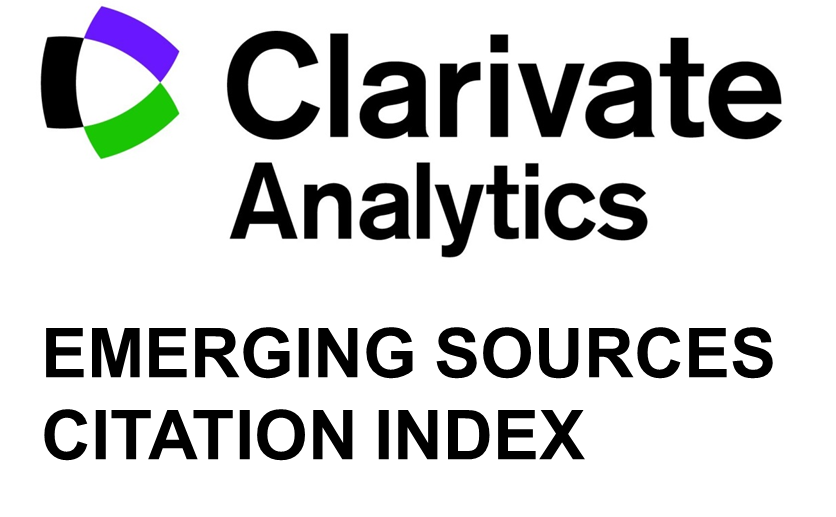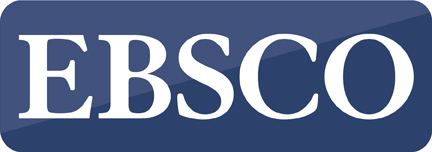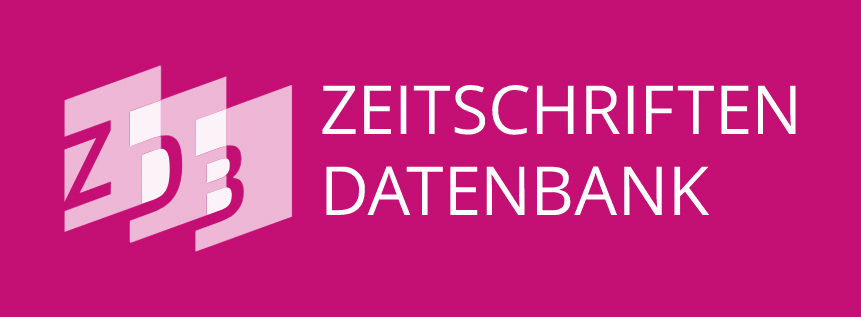The key changes to the hospitality business model under COVID-19
DOI:
https://doi.org/10.5937/StraMan2200015YKeywords:
business models, hospitality, COVID-19, value creation, value chainAbstract
The rapid spread of new digital technologies has brought fundamental changes in the hospitality industry. The digital transformation of the hospitality industry was accelerated during COVID-19 pandemic. The impacts of the crisis have led to rethinking hospitality business models. In order to survive during the crisis, hospitality businesses has tried to find innovative solutions and transform their businesses. Therefore, this paper aims to investigate the key changes to hospitality industry business models induced by the COVID-19 crisis. A systematic literature review is provided to analyse three main business model components: value proposition, value chain, and revenue. The paper has the following findings. First, four major changes to the value proposition in the hospitality business model are identified: use of hotels as rooms/offices during lockdowns, offer of new innovative products and services, offer of digital services, and use of hotels for quarantining. Second, value chain changes include new safety measures, and changes to capacities and numbers of workers (amount of work). Third, the changes to the revenue model include fewer foreign tourist offers and more domestic offers, last-minute cancellations or postponements, and better quality and more individualized services. Policies like innovation and digital technologies, customized and flexible services, qualitative services and virtual experiences should be priorities for the future of hospitality business models. The paper has some limitations and future research should be focused on a specific hospitality business model, specific group of countries or country and showing what will happen in post-COVID-19 period.
Downloads
Published
Issue
Section
License
Copyright (c) 2022 Adel Ben Youssef, Srdjan Redzepagic, Adelina Zeqiri

This work is licensed under a Creative Commons Attribution 4.0 International License.














